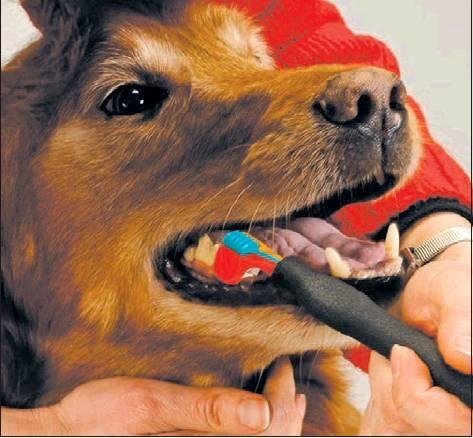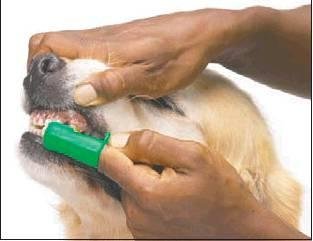Keep your pet’s heart and teeth healthy
The Pet Doctor 359-6611
February is National Dental Health month for our pets. Before I get into a discussion about dental health, I wanted to address a question I …
This item is available in full to subscribers.
Subscribe to continue reading. Already a subscriber? Sign in
Get 50% of all subscriptions for a limited time. Subscribe today.
Please log in to continueNeed an account?
|
Keep your pet’s heart and teeth healthy
The Pet Doctor 359-6611
February is National Dental Health month for our pets. Before I get into a discussion about dental health, I wanted to address a question I am getting from clients about heart disease and grain-free diets.
Is grain-free good?
A potential association between grain-free pet foods and dilated cardiomyopathy in dogs has been discovered.
DCM is a heart disease where the heart muscles become weak, limiting the heart’s ability to pump blood effectively. As the disease progresses it can lead to congestive heart failure and early death.
Last July, the FDA released an alert for veterinarians and pet owners regarding reports of DCM in dogs that had eaten pet foods containing peas, lentils, other legume seeds or potatoes as main ingredients. The report noted DCM was being seen in dogs not usually associated with the disease.
There may be some breed-related differences in metabolism that makes them more sensitive to changes in the nutrition in their food. There may also be problems with the balance of amino acids in some dog foods or the amino acids may not be well absorbed by the pet.
What is safe?
My recommendation is to choose a diet made by a well-known food company such as Purina, Hills, Royal Canin, Iams, etc.
Washington State Veterinary College reccommends:
• Dogs in good health should be fed a diet that contains standard ingredients - chicken, beef, rice, corn and wheat.
• Dogs that have a medical condition that requires a nonstandard diet should be fed a diet that has undergone extensive feeding trials through the Association of American Feed Control Officials.
• DCM related to diet may be reversible if it is detected early. Dogs diagnosed with DCM that are eating a diet with nonstandard ingredients should be switched to a diet that contains standard ingredients as noted above.
• If your dog has been diagnosed with DCM, talk with your veterinarian about other testing such as taurine levels and heart ultrasound. If your dog has a suspected diet-related DCM, you should save food samples including treats and supplements and food labels.
Pets need to brush, too
Dental health is not only a mouth issue but is important to the overall health of your pet.
Your puppy has 28 baby teeth and will have 42 adult teeth.
Your kitten has 26 baby teeth and 30 adult teeth.
Brushing is the best way to try and keep plaque and tarter off your pet’s teeth. If you start brushing when young, you can benefit your pet their entire life.
You can buy toothbrushes made specifically for dogs or cats. These are angled for easier use.
You can also use a soft toothbrush that looks like yours or a finger brush that fits over your finger.
Kittens and smaller puppies may do best using a Q tip.
Whatever you use, start slowly.
Start by just rubbing their lips before adding the brush. Try using a little chicken or beef broth for puppies or tuna juice for kittens when rubbing the lips and teeth to make them look forward to these sessions.
Patience is the big key. Increase the brushing time and teeth brushed as pets become more comfortable. Give treats after every attempt.
The aim is to try and brush daily as plaque begins to turn into tarter within 36 hours.
Keep the toothbrush in the same place you keep pet treats, so that will further associate it with a fun activity.
Never use people toothpaste with your pets. They can’t rinse and spit like we can.
Ask your veterinary team for more help if needed.
Other items that may interest you












Comments
No comments on this item Please log in to comment by clicking here